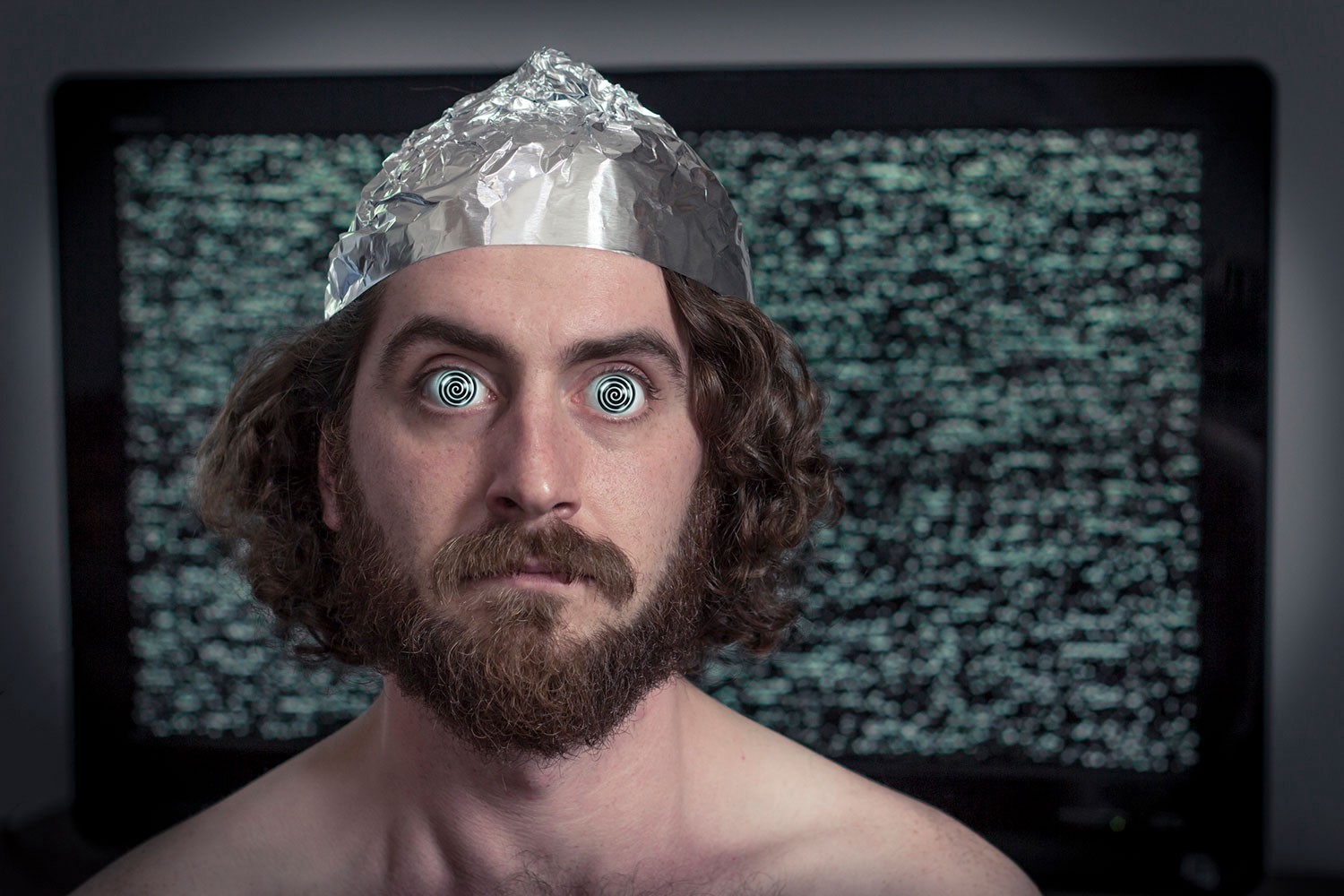I recently wrote about how COVID-19 has sparked a deluge of conspiracy theories, most notably those at the center of the “Plandemic” documentary making the rounds. But as I think of my own OCD-driven behaviors over the years, I find that it’s not entirely fair to dismiss these people as cranks and villains.
Mood Music:
I came across a Vox article that drives home the point. In “I Was a Conspiracy Theorist, Too,” Dannagal G. Young, associate professor of communication and political science at the University of Delaware, describes the crazed internet rabbit hole she traveled down as she desperately sought answers for why her husband was diagnosed with a brain tumor. As she jumped from one potential answer to the next, she wrote:
Each time I landed on a possible culprit, my anger reenergized me. Instead of making me feel hopeless, it gave me a target and suggested there might be some action I could take. If it were from his work or from an old factory site, maybe I could file a lawsuit. Maybe I could launch an investigation or trigger some media exposé. If I could just find the right person or thing to blame, I could get some justice. Or vengeance. Or … maybe just a sense of control.
Take something like the COVID-19 pandemic and its lockdowns, with multitudes stuck at home looking for answers on how we got here and where it all might end, and you get radioactive yet fertile ground for conspiracy theorists. Lots of depressed, increasingly paranoid people with the internet at their fingertips. Lots of rabbit holes to explore.
There’s plenty of gasoline to stoke the flames. The government response has been full of contradictory advice. At the beginning of the pandemic you had the surgeon general tweeting about how masks won’t help. Then states started mandating that people wear them in public. Anthony Fauci, director of the National Institute of Allergy and Infectious Diseases, tells Congress one week that it would be a huge mistake to end lockdowns now, only to be quoted a week later saying continued lockdowns would cause “irreparable damage.”
Then there’s the fact that the virus began in China. Given the Chinese government’s sinister actions over the years, it’s easy to wonder if it either created Coronavirus in a lab or accidentally let it leak from a lab where it was being studied.
Isolate people, knock their normal lives off their axis, and this is what happens.
The resulting emotions remind me of what it was like when I was first diagnosed with OCD but hadn’t yet brought it under control. I was paranoid all the time, seeing conspiracy everywhere. In those cases, the paranoia usually manifested itself as the perpetual belief that people at work were conspiring against me, or, at the very least, were constantly talking about me behind my back.
In the pandemic, with my OCD under better control, I’m not given to conspiracy theories. Not that my management of the disorder has been perfect. The compulsive actions that go with it have continuously surfaced, and I’ve had to play whack-a-mole with them. Compulsiveness makes you do a lot of stupid things, and I’ve certainly questioned my sanity and self-control in these last months.
The world is full of fear and uncertainty right now. People want answers and have gotten mixed messages. Economic uncertainty, health concerns, lack of contact with friends and loved ones — all ingredients for conspiracy theories. It’s not a matter of good versus evil or even smart versus stupid. It’s simply what happens in a global environment like this.
We’re all in varying degrees of pain and our collective sanity is fragile. We need to do better looking out for one another.

